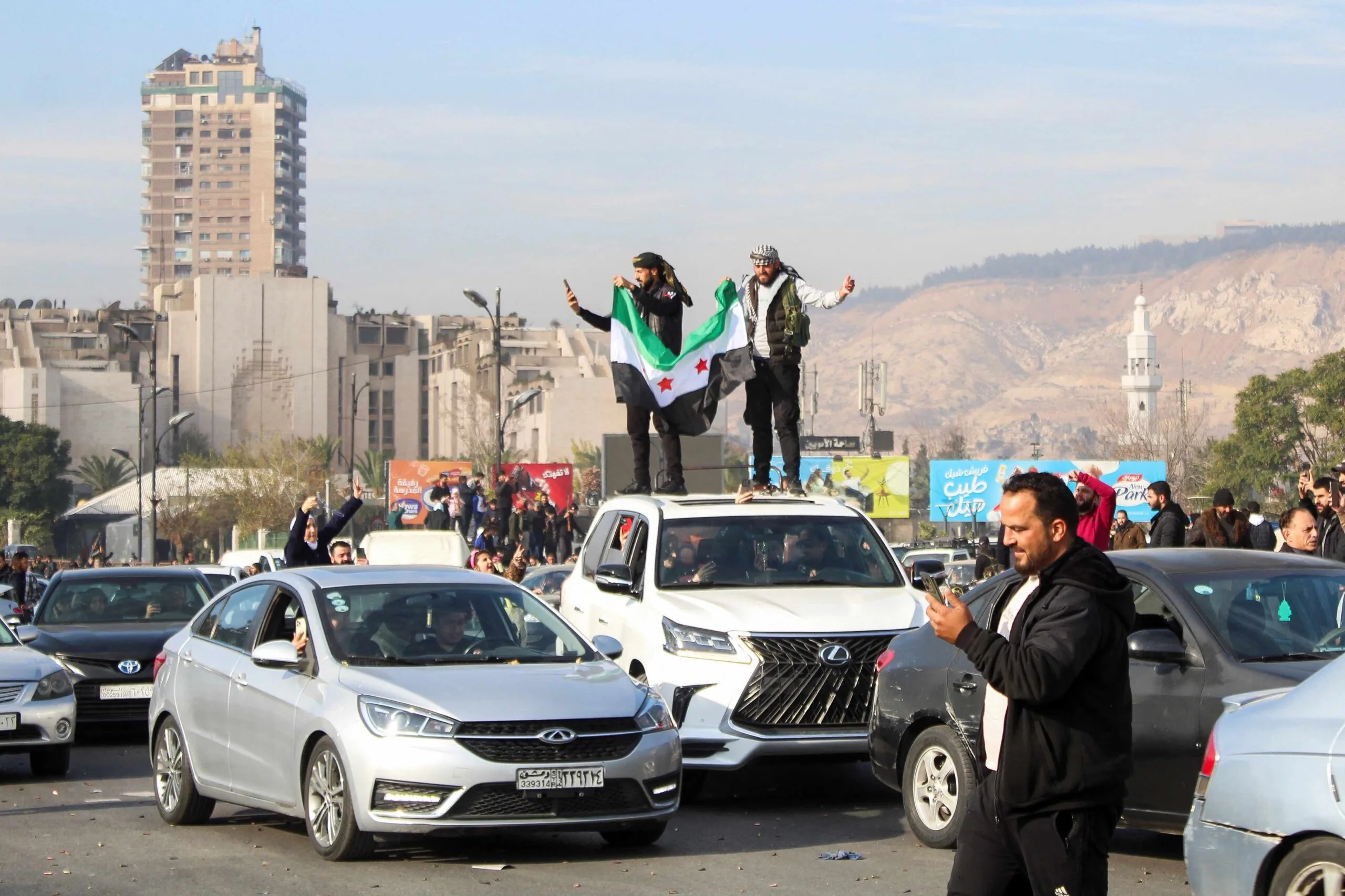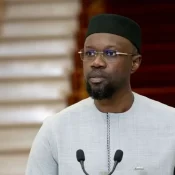
As the world watches, Syria enters a new chapter with the removal of Assad
After 13 years of civil war and more than 50 years of his family’s violent rule, Damascus came alive Monday as rebels took control of the capital and President Bashar al-Assad fled to Russia, ushering in a new age of optimism but uncertainty.
After a nocturnal curfew, individuals ventured out and busy traffic returned to the streets, although the majority of stores stayed closed. In the middle, rebels milled.
A person involved with the talks told Reuters that Assad’s Prime Minister Mohammed Jalali and Vice President Faisal Mekdad met with Ahmed al-Sharaa, also known as Abu Mohammed al-Golani, the top rebel commander, overnight to discuss plans for a transitional administration.
Mohamed Al-Bashir, who oversaw the government in a small area of rebel-held territory prior to the 12-day lightning offensive that rushed into Damascus, was to lead the transitional authority, according to Al Jazeera television.
Two commercial bankers and a Syrian central bank source said that banks in Syria would reopen on Tuesday and that employees had been urged to return to their workplaces. They stated Syria’s currency would remain in use.
Staff had stayed away and furniture had been looted at the Interior Ministry, which oversaw Assad’s police force. To keep the peace, there were armed rebels.
All workers in the industry were urged by the oil ministry to report to work on Tuesday, with the assurance that safety measures would be in place.
In the city, fighters from the far-flung countryside gathered in the center Umayyad Square, which is in front of the magnificent 1,300-year-old mosque in Damascus.
“We have achieved our goal and found our mission. Firdous Omar, who has been fighting the Assad regime since 2011, stated that he was eager to put down his weapon and resume his work as a farmer in the province of Idlib. “We want the state and security forces to be in charge,” he said.
The Middle East underwent a generational shift with the advent of a militia alliance led by former al Qaeda branch Hayat Tahrir al-Sham (HTS).
It puts an end to a conflict that claimed hundreds of thousands of lives, resulted in one of the worst refugee crises in modern history, destroyed cities to rubble, depopulated rural areas, and caused the economy to collapse due to international sanctions. Finally, millions of refugees in camps in Jordan, Lebanon, and Turkey could return home.
One of the primary strongholds from which Russia and Iran exercised regional influence was destroyed by the overthrow of Assad. Turkey, which has consistently supported Assad’s enemies, comes out stronger.
The Arab community must restrain the extremist Sunni Islam that has previously spread into the sectarian brutality of Islamic State while also reintegrating one of the Middle East’s key states.
Although HTS has spent years working to improve its image in order to reassure foreign governments and Syrian minority groups, the organization is still classified as a terrorist organization by the UN.
“A NEW HISTORY”
Golani, the group’s head, has pledged to reconstruct Syria. He was an insurgent in Iraq for years and eventually parted with Islamic State and al Qaeda.
He addressed a sizable crowd on Sunday at the Umayyad Mosque in Damascus, saying, “After this great victory, a new history is being written in the entire region, my brothers.”
Jalali, the prime minister of Assad, told Sky New Arabia that he was prepared to assist with the handover of power and to supply documents.
It will be “left to the brothers who will take over the management of the country’s affairs” what happens to Syria’s army, according to Jalali. “What concerns us today is the continuation of services for Syrians.”
For many years, hundreds of thousands of political prisoners were detained in Assad’s police state, which was regarded as one of the most brutal in the Middle East. Happy prisoners poured out of prisons on Sunday. Families reunited shed happy tears. Newly released inmates were captured on camera sprinting through the streets of Damascus while raising their hands to indicate the length of their incarceration.
The Mediterranean coast, the home of Russia’s naval base and the center of Assad’s Alawite sect, was among the last regions to fall.
According to two Alawite locals, things have gone better than anticipated thus far, with no apparent retaliation against Alawites. According to one, rebels paid a pal a visit at his house and instructed him to surrender any weapons he owned, which he did.
The Assad family’s ancestral village of Qardaha, near Latakia, has not yet been overrun by rebels. It is the location of a tomb for Assad’s father, who took over in a coup in 1970 and governed until his death in 2000. According to a local, Assad’s top officials have all departed.
Although it was too soon to predict what would happen to Russia’s military installations in Syria, the Kremlin said it would talk to the incoming leadership about the matter.
U.S. and Israel Launch Strikes
Israel claimed that Assad’s downfall was a direct result of its punitive attack on Hezbollah, Iran’s Lebanese allies, who had supported Assad for years but had been destroyed by an Israeli air and ground campaign since September.
Israel has attacked locations in Syria since rebels took over Damascus. To prevent Assad’s former arsenal from falling into hostile hands, Israeli sources warned those airstrikes would continue for days.
The United States, which has 900 troops in Syria and Kurdish-led forces in the east, reported that US forces launched airstrikes against Islamic State on Sunday, hitting about 75 targets.
In the north, Turkish-backed insurgents have clashed with Kurdish forces supported by the United States. According to a video confirmed by Reuters, rebels were seen on Monday taking Manbij from Kurdish forces.
All Categories
Recent Posts
Tags
+13162306000
zoneyetu@yahoo.com



